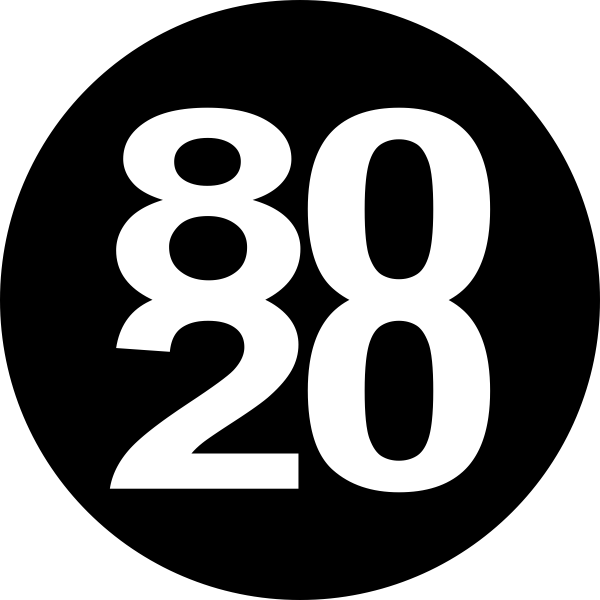80/20 Rule in
Networking
The 80/20 rule, also known as the Pareto principle, is a concept that states that roughly 80% of effects come from 20% of causes. This principle can be applied in many different areas, including networking. Here are some examples of how the 80/20 rule can be applied to networking:
- Identify the most valuable connections: In networking, it's important to prioritize your efforts and focus on the connections that will have the greatest impact on your career or business. The 80/20 rule can help you identify which connections are the most valuable, so you can spend your time and energy cultivating those relationships.
- Make the most of your time: Networking can be time-consuming, so it's important to make the most of your time by focusing on the most valuable connections. By applying the 80/20 rule, you can determine which connections are worth the most effort and allocate your time accordingly.
- Identify key influencers: The 80/20 rule can also be used to identify key influencers in your network. These are the people who have the most influence and can help you get ahead in your career or business. By focusing on building relationships with these key influencers, you can leverage their connections and expertise to achieve your goals.
- Prioritize networking events: There are countless networking events and conferences to choose from, and it can be overwhelming to try and attend them all. The 80/20 rule can help you prioritize which events are worth your time and resources. Look for events that have the highest concentration of valuable connections or key influencers, and focus on those.
- Network with purpose: The 80/20 rule can also help you be more purposeful in your networking efforts. Rather than simply trying to meet as many people as possible, focus on building relationships with the people who are most likely to be valuable to you. This might include people who have similar interests or goals, or who have expertise or connections that you can tap into.
- Target high-value industries: The 80/20 rule can help you identify which industries or sectors are likely to be the most valuable to you in terms of networking. By focusing your efforts on these high-value industries, you can build relationships with the people who are most likely to be able to help you achieve your goals.
- Network with the right people: In addition to targeting high-value industries, you can also use the 80/20 rule to help you identify the specific individuals within those industries who are most likely to be valuable to you. This might include people who are leaders in their field, or who have a large and influential network.
- Leverage social media: Social media can be a powerful tool for networking, but it's important to use it effectively. The 80/20 rule can help you identify which social media platforms are most likely to be valuable to you in terms of networking, and which individuals or groups you should focus on connecting with.
- Follow up effectively: Networking is not a one-time event, and it's important to follow up with the people you meet to maintain and strengthen those relationships. The 80/20 rule can help you prioritize which connections you should follow up with first, and how often you should reach out to them.
- Evaluate the value of your network: The 80/20 rule can also be used to evaluate the overall value of your network. By analyzing your relationships and identifying which ones are most valuable, you can determine which areas you should focus on to make the most of your networking efforts.
By applying the 80/20 rule to your networking efforts, you can be more strategic and make the most of your time and resources. By identifying and focusing on the most valuable connections and key influencers, you can achieve greater success in your career or business.
Link copied to clipboard!
